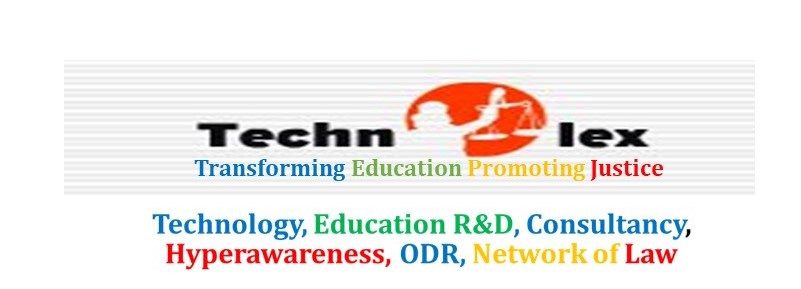The database as a whole is
copyrightable as a compilation with at least modicum of creativity, the court
said following Feist Publ'ns Inc. v. Rural Tel. Serv. Co., 499 U.S. 340 (U.S.
1991). But the app maker only asserted that defendant Waze Inc. incorporated
individual points of interest into its own database in modified form—not that
it copied the app maker's creative selection of data. But the U.S. District
Court for the Northern District of California held on Dec. 14 (PhantomALERT,
Inc. v. Google, Inc., N.D. Cal., No. 3:15-cv-03986-JCS, 12/14/15). The
individual points of interest contained in a Global Positioning System database
were un-copyrightable facts, Magistrate Judge Joseph C. Spero said the traffic
condition and speed trap information in the GPS app consisted of objectively
discoverable facts, even to the extent it was intentionally seeded with false
data to identify infringers.
The decision demonstrated a catch-22 for parties
seeking to protect data through copyright law. Individual bits of copied data
aren't protected under copyright law, but collective data can't receive protection
if incorporated into a new, modified compilation by the end user. Plaintiff
PhantomALERT Inc. brought copyright infringement claims against Waze and its
parent company Google Inc. PhantomALERT provides “Points of Interest” in its
GPS database, and it seeds its data with fakes in order to detect infringement.
PhantomALERT claimed that its seeded data showed up in Waze's GPS database, and
that Google integrated that data into its own mapping program.Google moved to
dismiss the claims, arguing the database and the underlying information weren't
subject to copyright protection.
The most analogous precedent, the
court said, was Assessment Techs. of WI LLC v. Wiredata Inc., 350 F.3d 640 (7th
Cir. 2003) (8 ECLR 1121, 12/10/03). In Assessment Technologies, the extraction
of raw data from a database for a company to sort differently according to its
own needs wasn't found to violate copyrights in the original database. Any
intermediate copying done to extract the data was a fair use, the Seventh
Circuit held. Similarly, in this case, the court said, copying PhantomALERT's
raw data regarding individual points of interest didn't implicate the company's
protectable interest in the arrangement of the entire database. The court also
found that the seeded data allegations were sufficient to plead that Google had
access to PhantomALERT's data. The court gave PhantomALERT the opportunity to
replead that Google infringed on one of its protectable interests.
Source: Electronic Commerce and Law Report: http://www.bna.com
